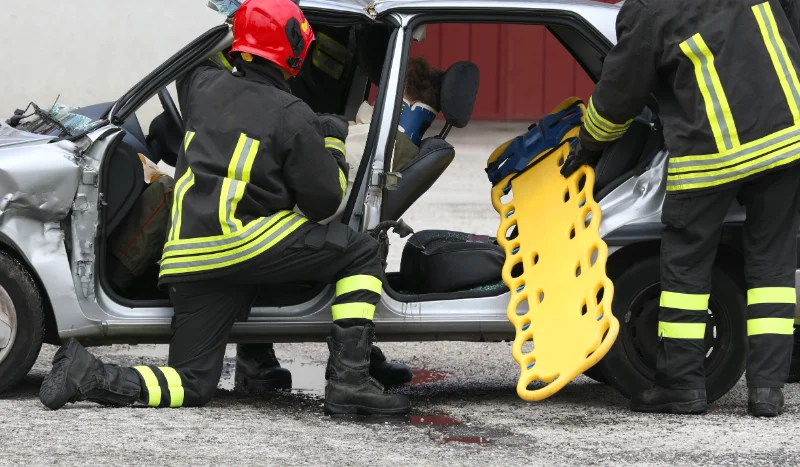Catastrophic injuries change the course of the injury victim’s life and the lives of those around them. The injuries are serious, permanent, and debilitating. The person injured may no longer work in a typical job if they can work at all. They may require medical treatment, special accommodations, supervision and care, and rehabilitation for the rest of their lives.
Falls and transportation-related accidents are the two most common causes of serious injury in Alaska. Sometimes, these incidents are purely accidents. However, many of these incidents occurred because someone else was negligent and the victim ended up paying the price. Someone’s negligence might have harmed someone else in a slip and fall, an oil rig accident, or in a car, truck, commercial vehicle, or airplane accident.
After an Injury
Get in Touch with usWhat Makes Injuries Catastrophic Injuries?
Although any injury can seem catastrophic to you, at least for a period of time, catastrophic injuries go even beyond severe injuries. They are long-term or permanent. They are debilitating and incapacitating. The victim may never be able to do what they did before the accident.
Catastrophic injuries include deformities—including the loss of limbs—and often involve the nervous system, such as traumatic brain injury, and spinal cord injuries that leave the victim paralyzed. Catastrophic injuries disable you physically and often mentally, too.
What Types of Damages Are Recoverable in a
Catastrophic Injury Claim?
In a claim or lawsuit arising from catastrophic injuries, the victim can recover the same damages as in any personal injury claim in Alaska. Those include economic losses for medical treatment and lost wages. They can also recover for non-economic damages such as pain and suffering, mental anguish, and a spouse’s loss of consortium. What is differing in a catastrophic claim is the amount of medical expenses and lost wages in the present and future expenses and wage loss due to the injuries. Moreover, the non-economic damages are far greater due to longevity of those losses.
In a wrongful death claim, damages include medical expenses but also funeral and burial expenses, the loss of future income and services the victim would have provided, and the loss of consortium, care, guidance, companionship, comfort, affection, training, and education the decedent would have provided the loved ones left behind.
In some states, spouses, parents, and other relatives can file wrongful death lawsuits, but Alaska requires that the personal representative (or “executor”) of the deceased person’s estate must file on behalf of the deceased. A personal representative is generally named in a person’s last will and testament. If there is no will, then the court will appoint a personal representative, generally from among family members.

